
The Thirteenth Labor of Hercules
By Наталья

02 Oct, 2023
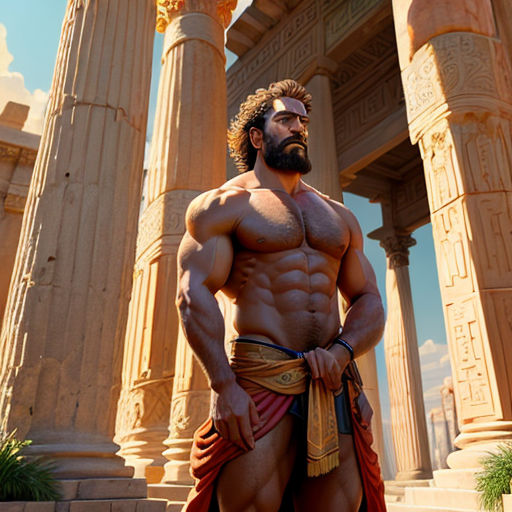
The sun rose over Greece, casting its golden rays on the Temple of Zeus. Hercules, having completed his twelve labors, was basking in the glory of his accomplishments.

However, Hercules's heart was restless. Despite his victories, he yearned for another challenge. He yearned to prove his worth to the gods and men once more.

In Olympus, Zeus watched his demigod son, sensing his restless spirit. He decided to give Hercules a thirteenth labor, one that would test him more than any before.
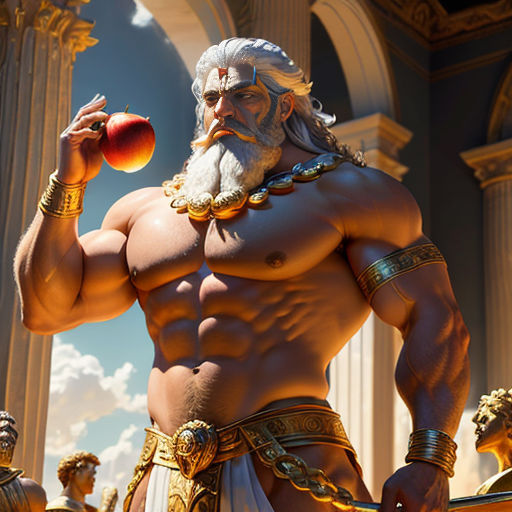
Zeus summoned Hercules to Olympus. He told him about the thirteenth labor - to capture the golden apple from the Garden of Hesperides, the garden of the gods.

The task seemed impossible. The Garden was guarded by Ladon, the hundred-headed dragon, and the Hesperides, the nymphs who tended the garden.

Hercules accepted the challenge. With his lion’s skin and club, he began his journey to the Garden, determined to complete his thirteenth labor.
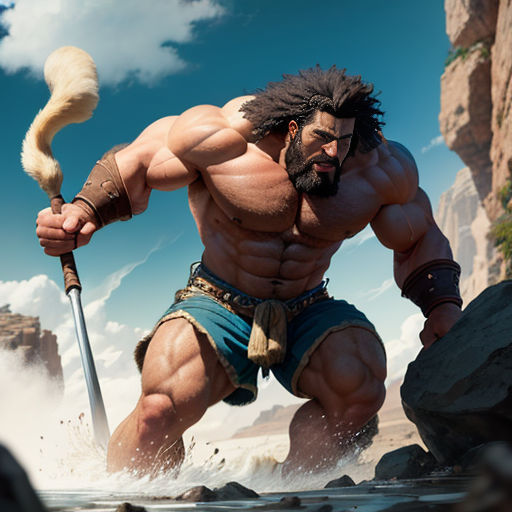
Hercules faced many challenges along the way. He fought beasts, crossed treacherous terrains, and overcame physical and mental exhaustion.

Despite the adversities, Hercules' strength and courage never faltered. He was driven by his desire to bring glory to his name and to prove his worth to the gods.
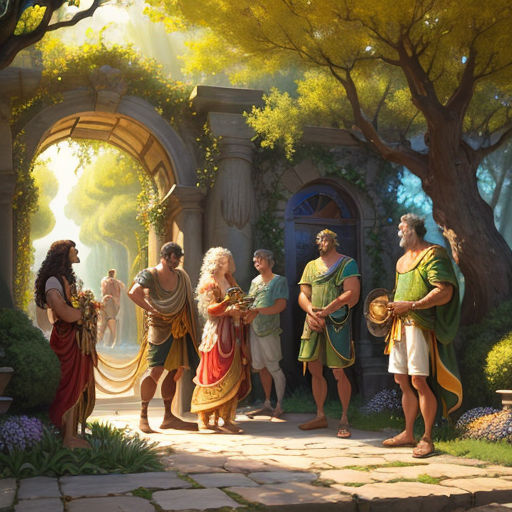
Finally, Hercules reached the Garden of Hesperides. As he entered, the nymphs and Ladon watched him with curiosity and wariness.

Hercules approached them, not with his club, but with words of peace. He asked for their help, promising to cause no harm. The nymphs were surprised by his humility.

After much persuasion, the nymphs agreed to help Hercules. However, Ladon, the dragon, was not so easily convinced.

Hercules knew he had to prove himself to Ladon. So, he offered to play his lyre, hoping to soothe the beast with music.

As Hercules began to play, the haunting melody filled the Garden. Ladon, captivated by the music, slowly lowered his hundred heads and fell into a deep sleep.
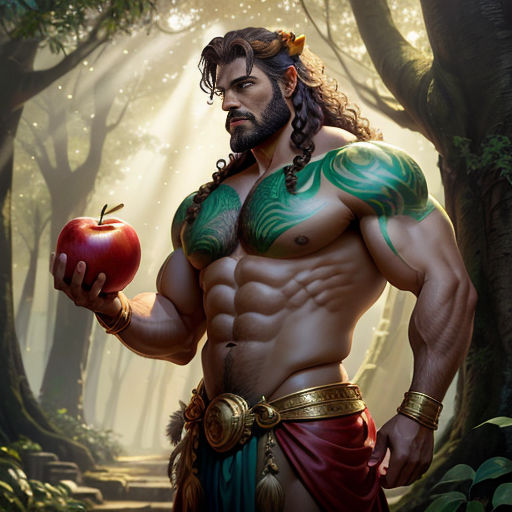
With Ladon asleep, Hercules approached the tree bearing the golden apples. He picked one with a sense of triumph, his thirteenth labor almost complete.
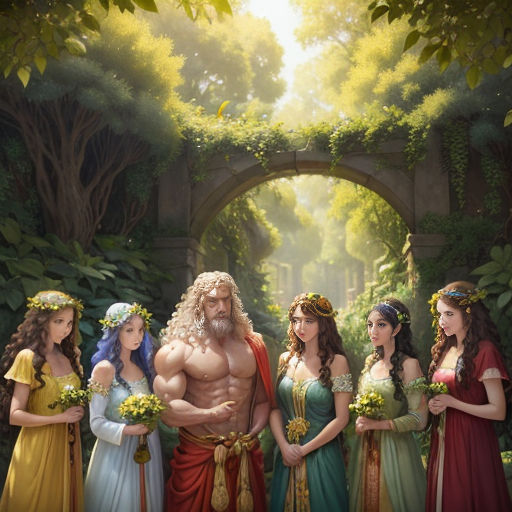
But as he turned to leave, he found the Hesperides crying. They were sad to lose the apple which had brought them much joy.

Seeing their sadness, Hercules felt a pang of guilt. He realized that his triumph was causing others sorrow.
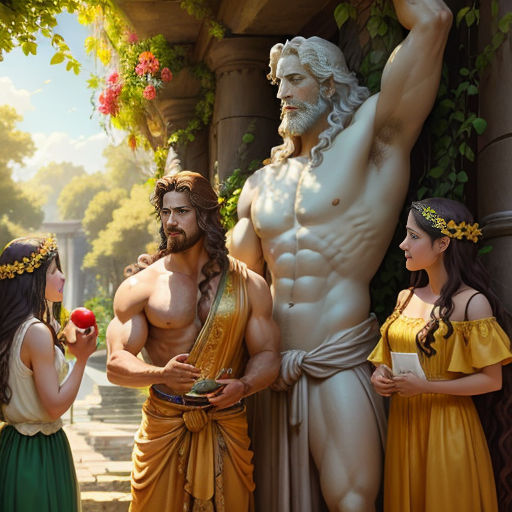
Hercules decided to give the golden apple back to the Hesperides. He realized that true heroism was not about personal glory, but about ensuring the happiness of others.
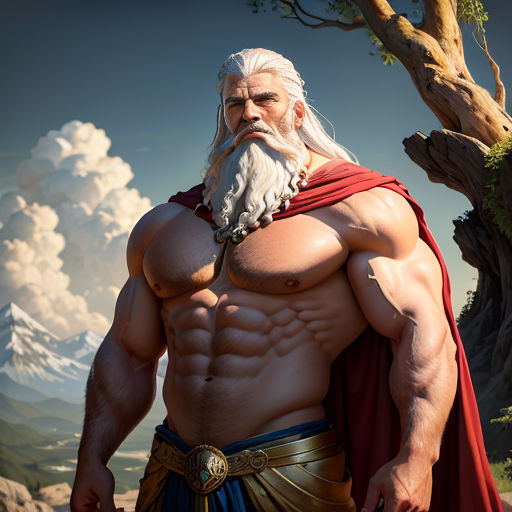
When Zeus saw Hercules' act, he was moved. The thirteenth labor was not about capturing the apple, but about learning compassion and selflessness.
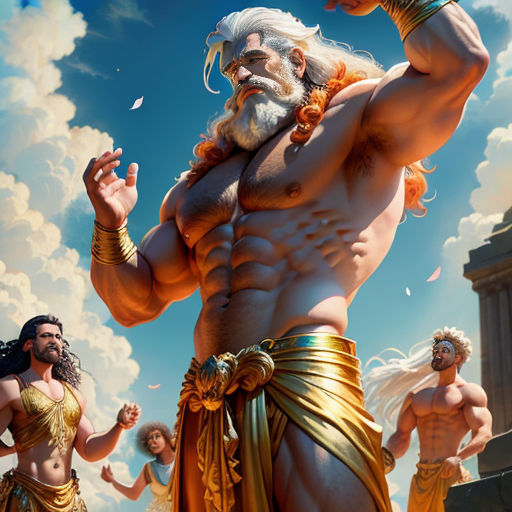
Zeus declared that Hercules had completed his thirteenth labor. His act of kindness had not only won the hearts of the Hesperides but also glorified him among gods and men.

Hercules returned to Greece, not with a golden apple, but with a heart full of compassion. His journey had taught him the true meaning of heroism.
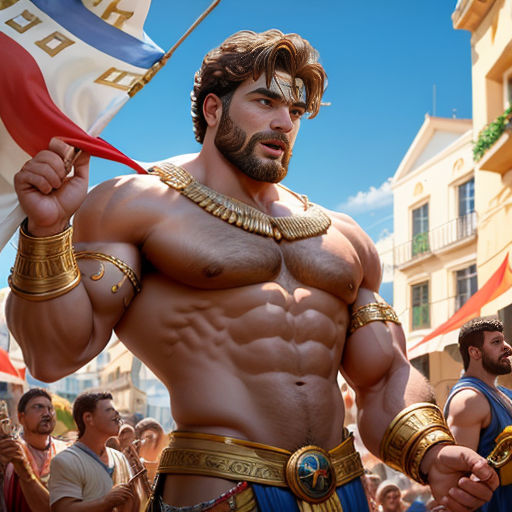
The people of Greece welcomed Hercules with open arms. They celebrated his victory, not for the labor completed, but for the hero he had become.
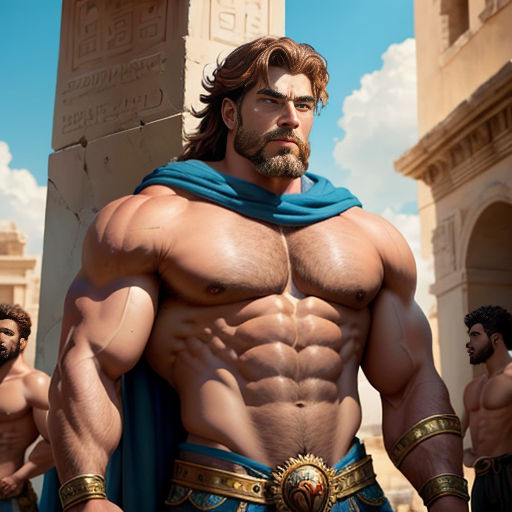
The tale of Hercules' thirteenth labor spread across Greece. His story became a source of inspiration for all, reminding them that true heroism lay in kindness and compassion.
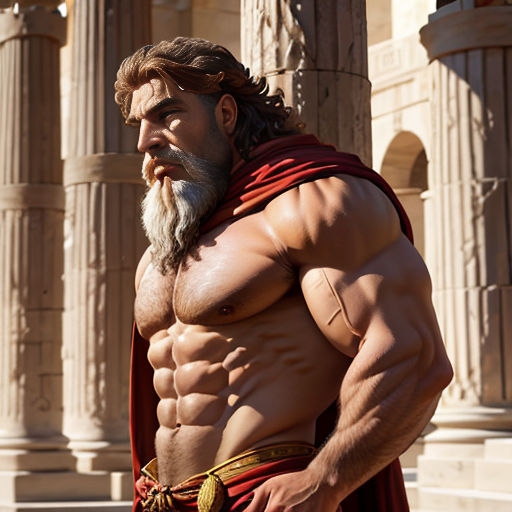
Hercules' name was etched in the annals of Greek mythology. His thirteenth labor was remembered not as a test of physical strength, but as a testament to his character.

From then on, Hercules lived a life of peace and honor. He had found contentment not in glory, but in the knowledge that he had made a difference.
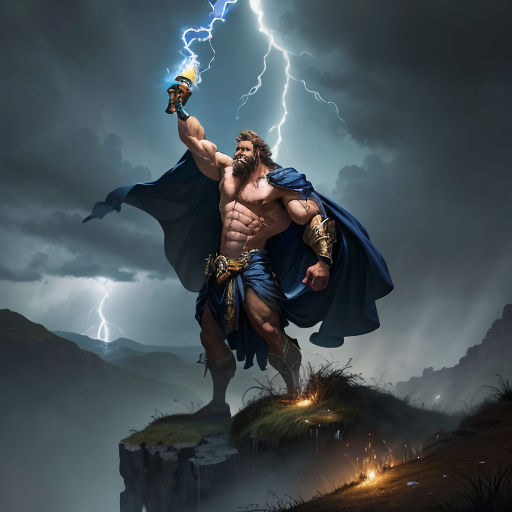
And so, Hercules' thirteenth labor became a tale of courage, selflessness, and compassion. A tale that echoed through the ages, inspiring heroes for generations to come.